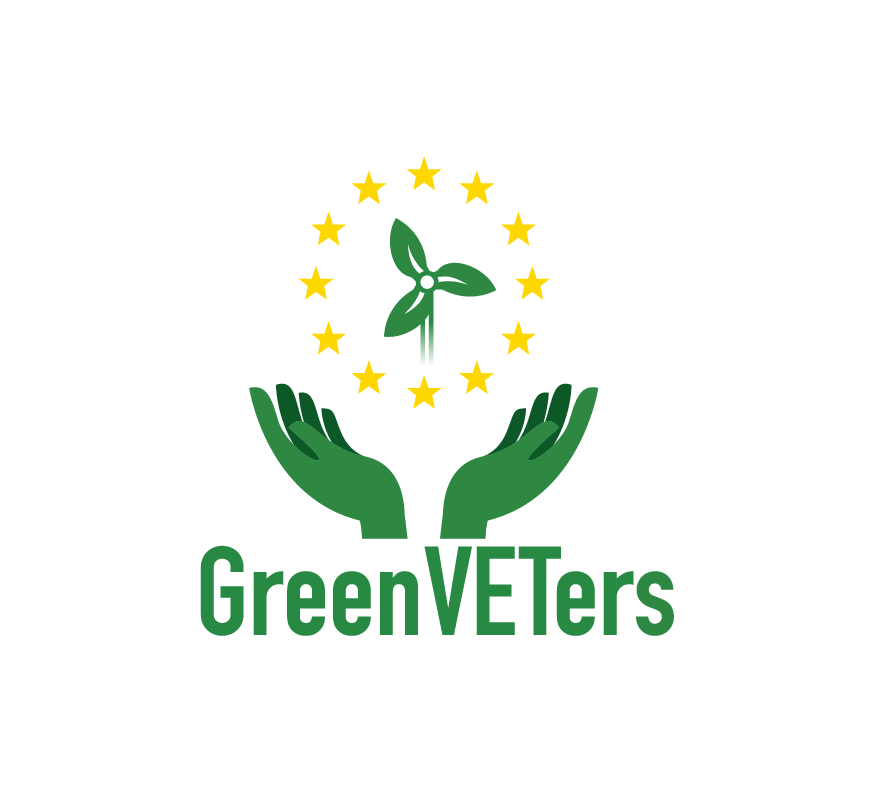Traditional agriculture can be defined as a primitive style of food production and farming that involves the intensive use of indigenous knowledge, land use, traditional tools, natural resources, organic fertilizer, and the cultural beliefs of the farmers.
Traditional agriculture is characterized by very low use of technology, making its largescale production ineffective. Production is usually, solely for the consumption of the farmer and those who cultivate the land.
Traditional agriculture is a very basic activity on which most of the physical capacity of the farmer and his workers depends on its production. In this case, this type of agriculture is not so focused on trade. The farms are quite biodiverse and have plants
that enrich the soil with nutrients. In this type of agriculture, many other organisms perform a variety of ecological and beneficial functions for production. It can be said that the strategies of traditional agriculture are based on ecology and nature.
After World War II, agriculture started to become more industrialized to reduce world hunger and improve the efficiency and security of the food supply. In the past 60 years, there have been significant costs associated with the global shift toward this type of farming. Industrialized agriculture uses chemical inputs like fertilizers, pesticides, and non-therapeutic antibiotics and is heavily mechanized and concentrated.
Industrial agriculture originated in the 1960s when petrochemical companies introduced innovative techniques for intensive chemical farming. As a result of the agrochemical industry convincing farmers that they could increase their profits by planting large fields with a single highly profitable crop and by controlling weeds and pests with chemicals, chemical fertilizers and pesticides have drastically transformed agriculture and farming. The risk of large tracts of land being destroyed by a single pest
was high with this single-crop monoculture practice. It also hurt farm workers’ and residents’ health. Overuse of chemicals in agriculture has had disastrous long-term effects on soil health, human health, social relationships, and the environment.
Sustainable agriculture, on the other hand, is a production system, which employs practices that safeguard the environment, public health, human communities, and animal welfare. It relies on ecological processes, biodiversity, and cycles that are
adapted to local conditions. Organic farming combines science, innovation, and tradition to benefit the environment as a whole and improve everyone’s quality of life. It relies on ecosystem services and generally has fewer negative effects on the surrounding landscape than conventional agriculture. Sustainable agriculture takes a more holistic approach to farming than conventional agriculture.
Food production through sustainable agriculture is a natural process that has several advantages for the environment, economy, and society.

